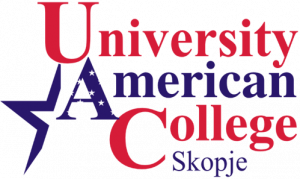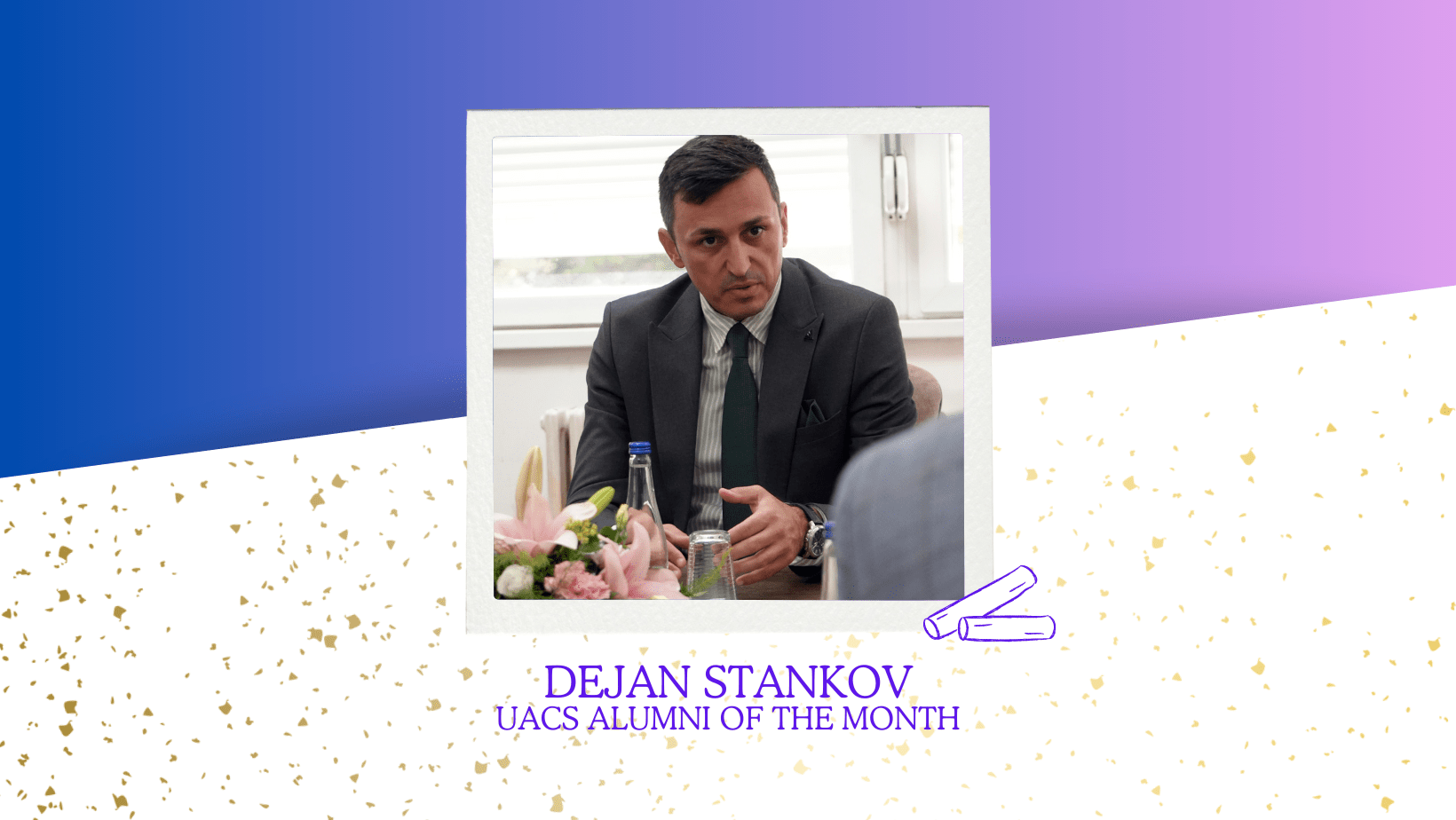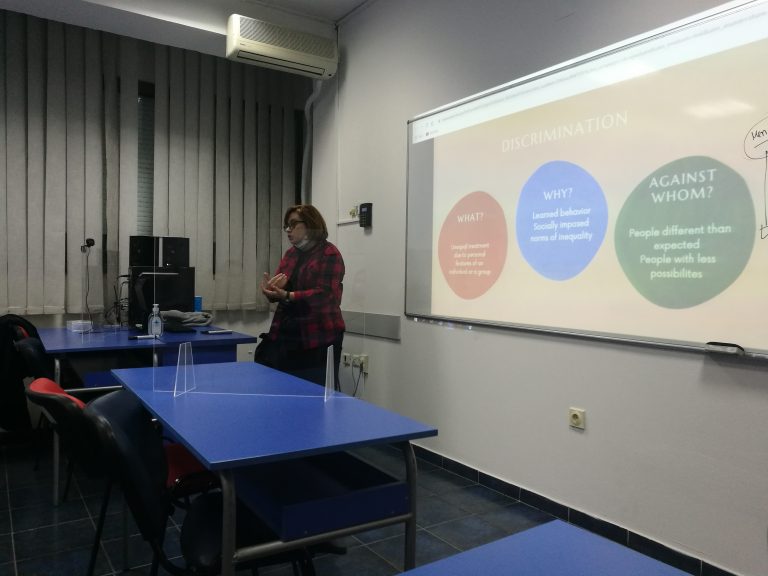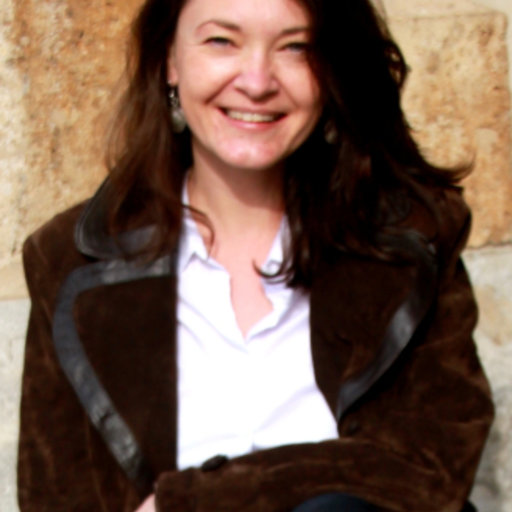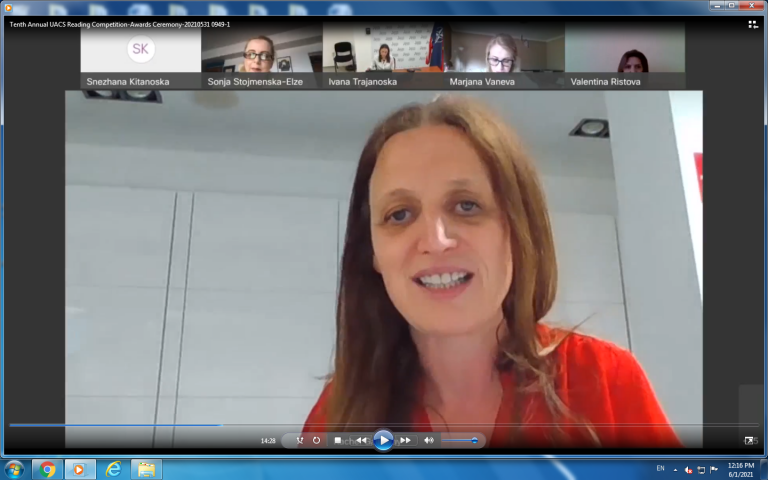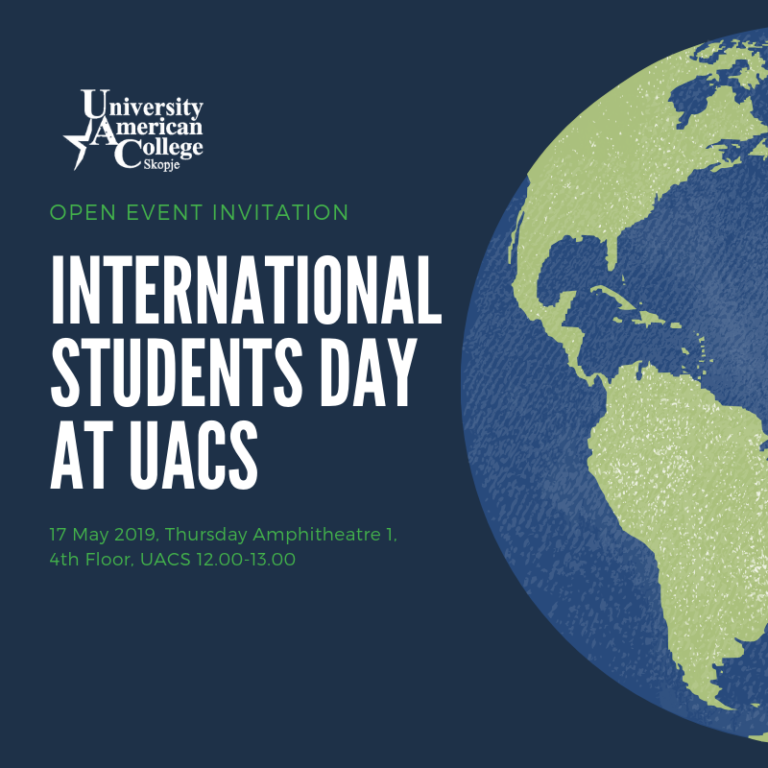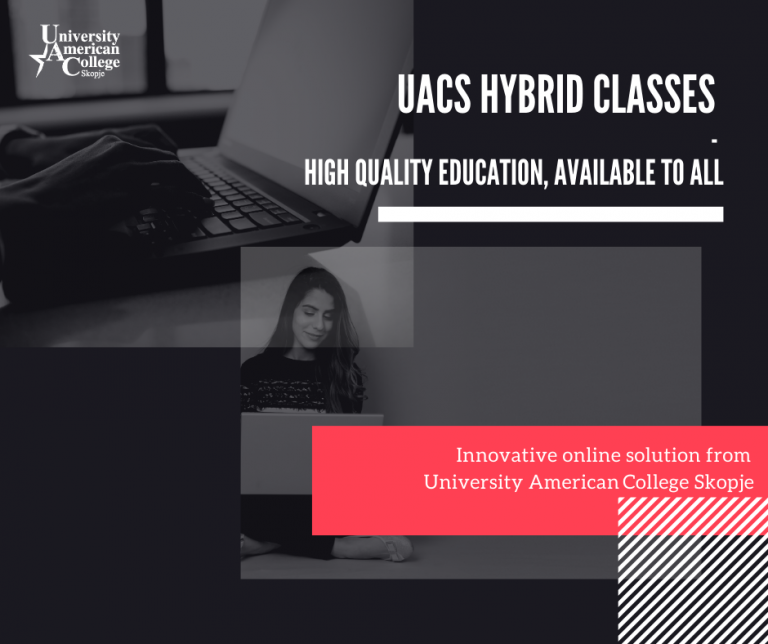UACS Alumni of the Month: Interview with Dejan Stankov
“Dejan, it’s a pleasure to have you with us for this UACS Alumni of the Month segment. Your journey from UACS to working in national and European institutions is truly inspiring, as you’ve built a career in economics and statistics, contributing significantly to data-driven policymaking. Today, we’d love to hear more about your experiences, the impact of your education, and any insights you can share with current students and aspiring professionals.
Let’s start by getting to know a bit more about your background and career path.
—
Can you briefly introduce yourself and share your current role or position?
My name is Dejan Stankov, and I am a statistician and economist. After completing my studies at the Faculty of Economics in 2008, I began my career at the State Statistical Office, where I gained my first experience in official statistics. Alongside work, I pursued an MSc in Monetary Economics. A pivotal moment in my career was a traineeship at Eurostat in 2011, which significantly shaped my professional ambitions. My goal has always been to produce high-quality statistical data on the Macedonian economy and society. From 2018 to mid-2024, I served as a Senior Advisor Analyst in the Statistics Department at the National Bank of North Macedonia, focusing on external statistics. In 2021, I earned a PhD in Economics from the University American College Skopje (UACS).
What inspired you to pursue a career in economics and statistics?
I have always been passionate about data analysis and economic research. Understanding economic trends through numbers fascinated me, and I saw statistics as a powerful tool for making informed decisions. My early exposure to macroeconomic indicators, financial data, and policy analysis solidified my interest in this field.
How did UACS influence your academic and professional journey?
UACS played a crucial role in my development. The university provided me with a strong academic foundation, access to international research, and opportunities to work closely with experienced professors and industry professionals. The modern teaching approach at UACS helped me refine my analytical skills, which I now apply in my daily work.

You’ve worked in both national and European institutions. How do these experiences compare?
Working at the State Statistical Office and National Bank gave me a deep understanding of Macedonia’s economic landscape. At the same time, my traineeship at Eurostat introduced me to the broader European statistical system, international methodologies, and best practices. The biggest difference lies in data integration and policy implementation. In EU institutions, statistics are aligned with cross-border economic policies, while at the national level, the focus is on country-specific data that supports domestic decision-making.
What advice would you give to current UACS students who aspire to work in economics and statistics?
- Be curious and proactive – The field of economics and statistics is constantly evolving, so always seek to learn more.
- Gain practical experience – Internships and research projects will help you understand real-world applications of economic theories.
- Develop technical skills – Knowledge of statistical software (such as R, Stata, or Python) and data analysis tools is highly valuable.
- Stay globally informed – Follow international economic trends, as they often shape local policies.
What’s next for you in your career?
I am always looking for opportunities to expand my expertise and contribute to evidence-based policymaking. Whether in academia, national institutions, or international organizations, my goal remains the same: to use data to improve economic decision-making and public policy.
—
Dejan, thank you for sharing your experiences, insights, and advice with us. It’s incredible to see how your passion for economics and statistics has shaped your career, and we’re proud to count you among our distinguished UACS alumni.
Thank you once again for being part of this interview, we wish you continued success in your journey, and we look forward to seeing the impact of your work in the future!”
